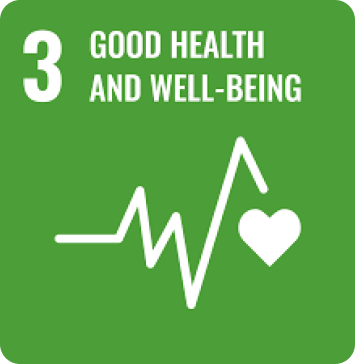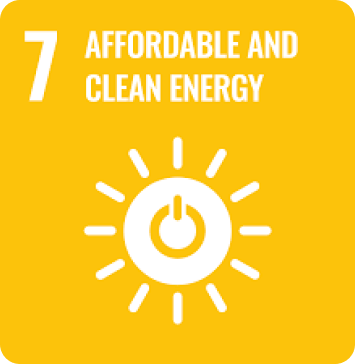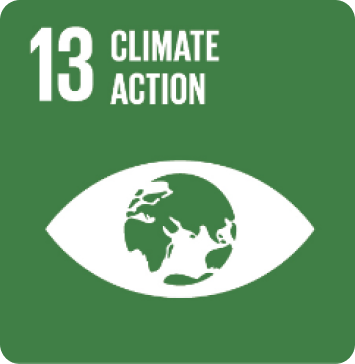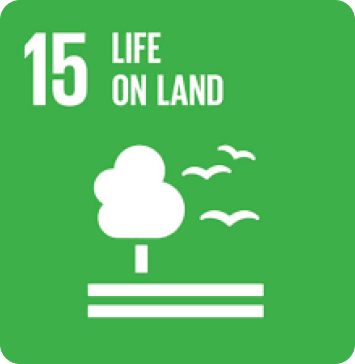Country: Democratic Republic of Congo
Carbon Project Development for the National Rural and Peri-urban Electrification and Energy Services Agency (ANSER) in the Democratic Republic of Congo
About The Project
The Mass Electric Pressure Cookers (EPC) Distribution project is aimed at distributing 10,000 electric pressure cookers to households in Kenya, focusing on reducing the reliance on biomass fuels for daily cooking. The initiative is designed to offer a clean, efficient, and affordable cooking solution by leveraging carbon finance mechanisms to make EPCs accessible to a wider population.
By transitioning from traditional cooking methods to electric pressure cookers, the project aims to reduce indoor air pollution, shorten cooking times, and decrease deforestation rates. This effort will contribute to significant environmental and health improvements across the target regions.
The Problem

By transitioning from traditional cooking methods to electric pressure cookers, the project aims to reduce indoor air pollution, shorten cooking times, and decrease deforestation rates. This effort will contribute to significant environmental and health improvements across the target regions.
The Solution
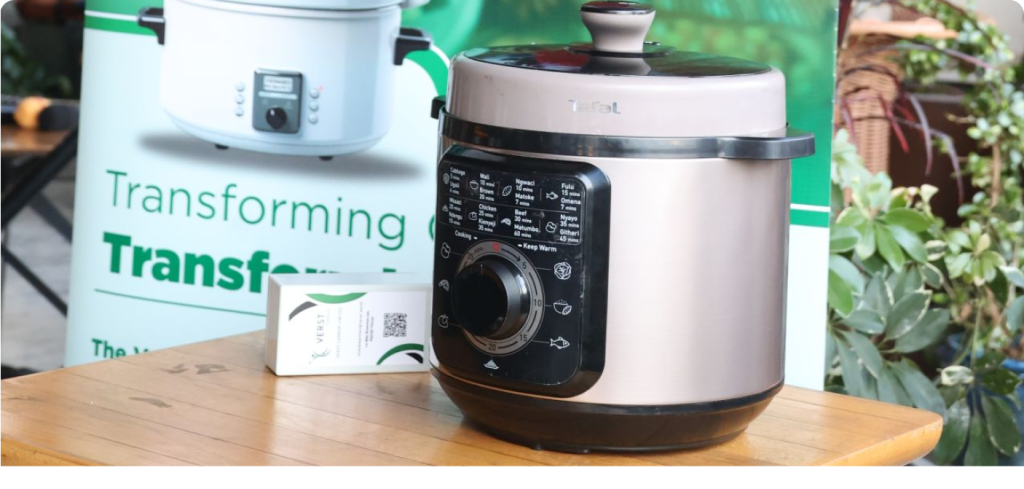
The Mass EPC Distribution project offers an innovative solution by promoting the use of electric pressure cookers as a more sustainable alternative to biomass fuels. EPCs are energy-efficient, capable of reducing cooking times by up to 70%, and significantly cutting household energy consumption. The project is structured to incentivize households to adopt EPCs by making them more affordable through carbon finance mechanisms. By linking the project to carbon markets, Verified Emission Reductions (VERs) generated from the reduced use of biomass fuels will provide funding to subsidize the cost of the EPCs, thus increasing accessibility to lower-income households.
The project also includes services such as the design and development of advanced Printed Circuit Boards (PCBs) integrated into the EPCs, ensuring that the cookers are optimized for efficiency. The mass production of these EPCs will ensure that a sufficient number are available to meet demand, while final testing guarantees that the product meets performance standards. In addition, training for client staff and ongoing technical support will be provided to ensure that the EPCs function optimally and that users understand how to maintain and operate them effectively.
Impact Made So Far
In addition to environmental benefits, the project will provide substantial social and economic advantages. By reducing cooking time and improving energy efficiency, households will have more time for income-generating activities or family engagement. The affordability of EPCs will also relieve financial pressure on households that traditionally rely on biomass, freeing up income for other essential needs.
Furthermore, the introduction of advanced Printed Circuit Boards (PCBs) into the EPCs ensures that the technology is reliable and adaptable to future needs. Ongoing technical support and training for users will enhance the long-term sustainability of the project, ensuring that the benefits continue beyond the initial distribution phase.
Sustainable Development Goals (SDGs)
The distribution of 10,000 electric pressure cookers is expected to have a transformative impact on both the environment and public health, contributing directly to several Sustainable Development Goals (SDGs): Climate Action (SDG 13): The project is expected to reduce carbon emissions by 40,000 tons of CO2e annually by decreasing the use of biomass fuels, which are a major source of GHG emissions in Kenya. Good Health and Well-being (SDG 3): By replacing biomass with clean electricity, the project will reduce indoor air pollution, decreasing the incidence of respiratory illnesses, particularly among women and children, who are most affected by harmful smoke. Affordable and Clean Energy (SDG 7): The project promotes the use of electricity for cooking, encouraging households to shift from traditional fuels to more efficient energy solutions. This will reduce household energy costs over time, making clean energy more accessible and affordable. Life on Land (SDG 15): By reducing the demand for firewood and charcoal, the project will help to combat deforestation, preserving forest cover and biodiversity in Kenya. The reduction in biomass fuel use will have a direct impact on conserving the country’s natural resources, with long-term benefits for ecosystems and wildlife.
